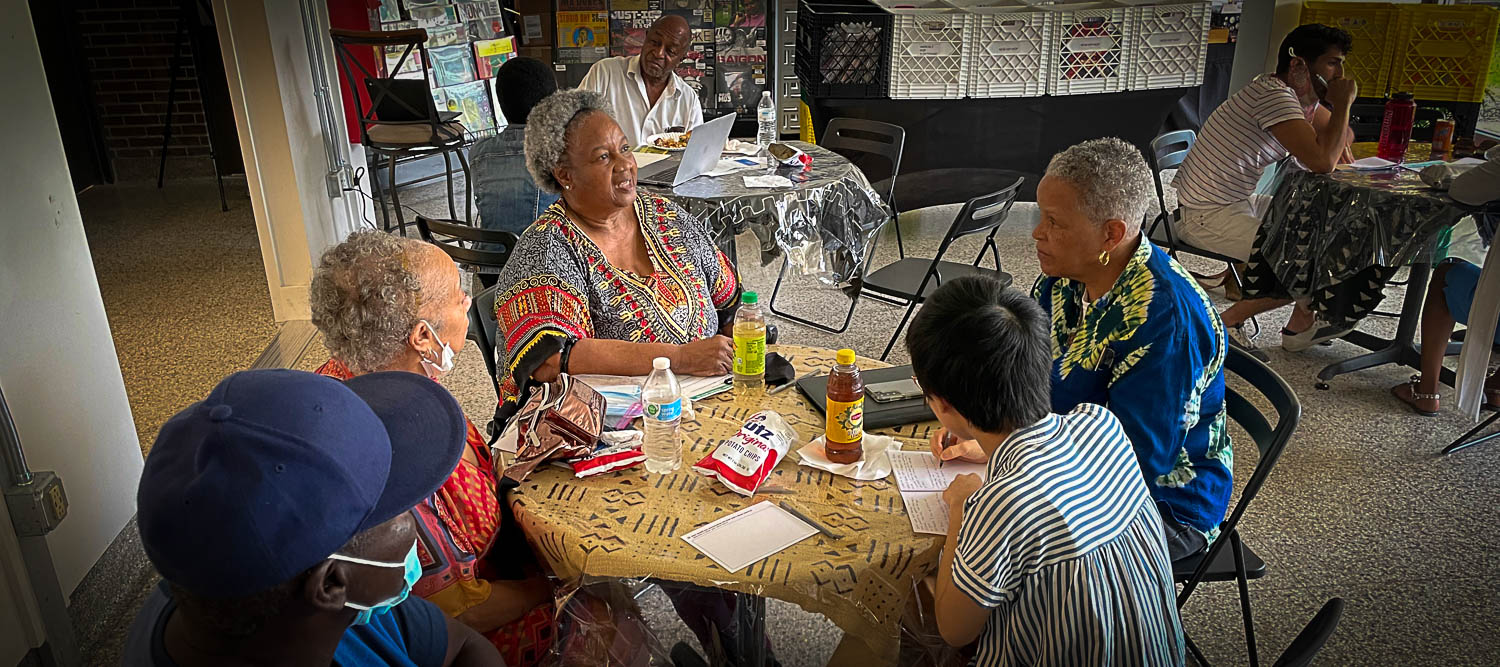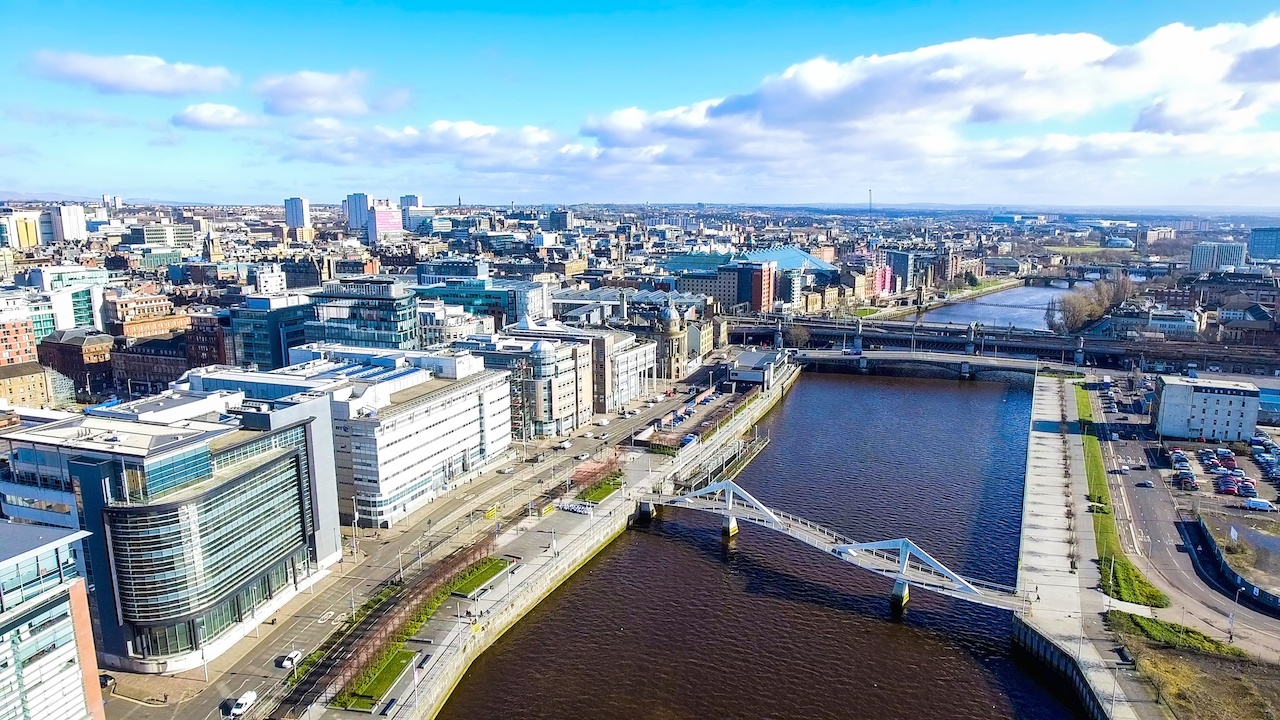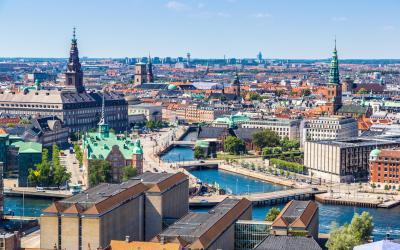Meeting of the Minds
What began as a 2-day summit in Oakland, CA in 2007, has grown into an internationally recognized non-profit organization with world-class events, year-round leadership programming, and an unparalleled digital platform.
Our mission is to bring together urban sustainability and technology leaders across sectors to share knowledge, best practices and catalyze lasting alliances and partnerships. We foster person-to-person and city-to-city learning by curating emerging trends and spotlighting projects and practitioners working on the future of sustainable, resilient, and equitable cities and regions.
We believe that the best solutions and partner ecosystems result from collaboration and engagement across sectors and disciplines. We convene leaders from international bodies, local government, state and federal government, corporates, startups, non-profits, academics and philanthropy.
Meeting of the Minds thanks and acknowledges the support of our current and past sponsors, including:
Foundations
Annie E. Casey Foundation
Barr Foundation
Burton D. Morgan Foundation
Ford Foundation
Lincoln Institute of Land Policy
Living Cities
New Economy Initiative
Paul G. Allen Philanthropies
Robert Wood Johnson Foundation
Rockefeller Foundation
The California Endowment
The California Wellness Foundation
The Cleveland Foundation
The JPB Foundation
The Kresge Foundation
The Volvo Research and Education Foundations
Healthcare
Kaiser Permanente
Sutter Health
Telecom
AT&T
Comcast
Qualcomm
Verizon
Global Technology Leaders
Cisco
Dassault Systémes
IBM
Itron
Microsoft
Oracle
Philips Lighting/Signify
Schneider Electric
Siemens
Transportation Leaders
Bombardier
Cubic
Daimler/Car2Go
Ford
JUMP Bikes/UBER
Lacuna
Keolis
Lyft
Streetlight Data
Toyota
Zipcar
Financial Institutions
JPMorgan Chase
PNC Bank
Wells Fargo
IT & IoT
Atonix Digital
Cleverciti Systems
Iteris
Logicalis
Roadbotics
RelayR Corp
Planning, Design, Architecture, Real Estate, Engineering, Construction
Black & Veatch
CBRE
CH2M Hill
Colliers
DKS Associates
Jones Lang LaSalle
Oxford Properties Group
Ramboll
Skidmore Owings & Merrill
WSP
Consulting Firms
Cognizant
ENGIE Impact
Deloitte
EY
PwC
Government
Ann Arbor SPARK
City of Berkeley, CA
Cuyahoga County
Federal Reserve Bank of San Francisco
JobsOhio
Metrolinx
State of Michigan
Resources: Water and Energy
AEP Ohio
DTE Energy
Festival Hydro
FirstEnergy
Marin Clean Energy
Natural Resources Defense Council
Sacramento Municipal Utility District
Shell
Xylem Water
Innovators
Cleveland Neighborhood Progress
JumpStart
Natural Resources Defense Fund
Rock Ventures
The New School
University of California
UrbanFootprint
Recent Webinars
Recent Articles
Planning Public Spaces to Drive Health Equity
The social and environmental factors that influence our health do not play out in a linear way—they interact with and affect each other. We are each the product of our cumulative experience, and our health is the product of our cumulative exposures over a lifetime. For that reason, we sought to provide a holistic model for individual and community health and well-being.
Building Resilience with Microgrids and Smart Energy
In some regions, electric grids have increased capacity, become more reliable, much better at integrating distributed renewables, smarter and more resilient. In other places, serious investment is needed to reduce the risk of failure in storms and malfunctions that cause everything from wildfires to millions living for days in darkness. Microgrids are a growing part of the solution.
8 Smart Cities Lessons from the Military
Many of the techniques that enabled this evolution to take place were not learned in northern California. For me, Smart City concepts originated in muddy holes, sandstorms and military classrooms around the world. Functional Smart City use cases originated in the cabs of Public Works trucks and at water treatment plants and were articulated by City employees with decades of civil service experience, not a coding background. Truly smart evolutions grow out of solving real problems for real people based on real experiences.
10 Objectives for Assessing Mobility as a Service (MaaS)
MaaS has a lot to offer to public transit and it’s time to take a closer look at those benefits. Contrary to a common misconception, integration of third-party transit services into the wider public mobility offering doesn’t hurt transit, it actually encourages wider use of public transit, maintaining and even actively increasing ridership. Alternative transit services can address first/last mile problems as well as serve routes that are typically very costly and require a high level of government subsidy (e.g. paratransit), not only increasing revenues for transit agencies but also helping to direct funding and investment back to core transit services.
Economic & Environmental Challenges Across the Interstate 10 Region
Ten Across is designed to accomplish two things: first, to represent the world as it is in all of its complexity and nuance and, second, to imagine alternatives to the present trajectory.
Electrify Everything and Slow Climate Change
In California, millions of homes are all-electric and 819,337 have solar roofs. Electric heat pumps can accommodate all needs for water heating, air conditioning and heating. Starting in 2020, all new California homes will be required to be zero-energy, accomplished by being well insulated, very efficient, all electric, and having solar roofs. Zero-energy homes, government and commercial buildings will allow the major cities of San Diego, San Francisco, and even massive Los Angeles to meet city goals of using 100 percent renewables.














